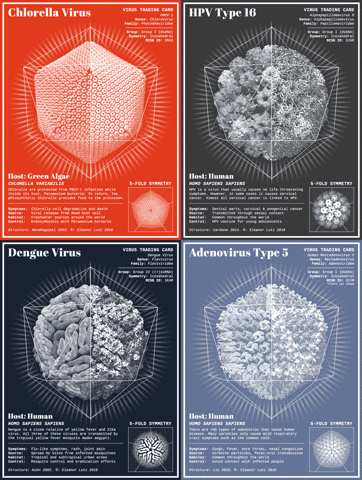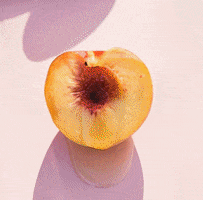Have you ever experienced something, anything or everything that has happened to your vagina and immediately thought something was wrong with you? The answer is, we all have.
Or at least - worry less. We put together the top 6 facts about vaginas so at least you know when its real drama versus your hypochondria playing up.
1. What is the size of a vagina?

The vaginal canal ranges from 7-15 centimeters and its shape can change during sex or childbirth. When aroused, our cervix and uterus will move up to make way. If you still feel a 🍆 or your toy hitting your cervix, it means you're not aroused enough or it's thrust too deep. So, turn up the foreplay or try to reach more mental and physical chill.
2. Does your vagina stretch out after sex and giving birth?

NO.
Vaginas are elastic, so it won't permanently stretch out, they are able to expand and snap back like a rubber band. But elasticity can weaken over time so pelvic muscles are important to build. Some easy ways are kegel exercises, you can do them anywhere, anytime. We've already done 10 since I started writing this article.
3. Keep your V healthy & thriving

When a vagina is not healthy it can literally be the worst and ruin your life (ok we're drama queens much). Our vajays are designed to be self-cleansing with the help of natural secretions (discharge) that balance pH levels and will flush out the bad. Douching or injecting vaginal cleaners are not recommended as it disrupts our vaginal pH balance ☯️🌼.
The smell of your vagina also varies throughout our cycles and as long as you maintain a routine keeping up your vagina with pH-natural soap, healthy living and a breezer every now and then, you should be set.
4. Is my vagina ok?


5. I have HPV, is my sex life over?

No. HPV is not the end of the world. Our bodies have the ability to fight off HPV. Maintaining a healthy lifestyle and boosting the immune system will increase your chances to get rid of HPV. If you do have HPV, it's recommended to increase visits to the ob-gyn and have a Pap-smear carried out annually. The most important? Practice safe sex!
- 80% of women will have contracted HPV by age 30
- Females are able to detect via HPV testing (ask your doc)
- Men are carriers and not the virus is not easily detected with them (argh!)
- Different ethnicities carry different strains (stay safe international explorers)
6. What do I do about vaginal lumps & bumps?

Lumps and bumps on your vagina and vulva can be normal, but if they persist and bring discomfort you should seek medical support.
The most common forms are vaginal and vulvar cysts, which are clogged glands (like pimples). If you like to keep it trimmed and resort to the occasional shaving, waxing and/or plucking then you risk ingrown hairs Both types will normally just need to take its course and disappear by themselves.
Skin tags are another form and are extra flaps of skin. In this case you would need professional help to get them removed.
Lump and bumps in the form of STIs (genital herpes or warts), which is why safe practices and frequent medical checks are recommended!
